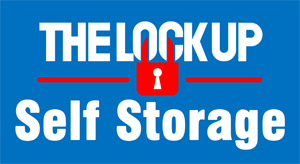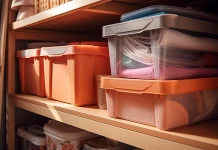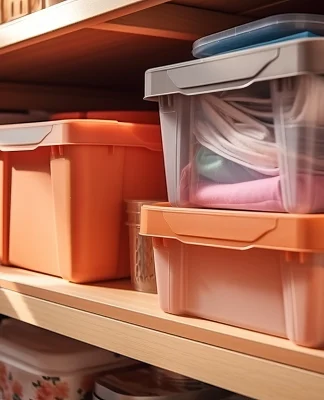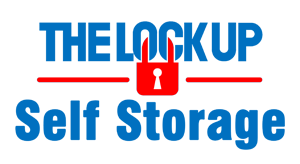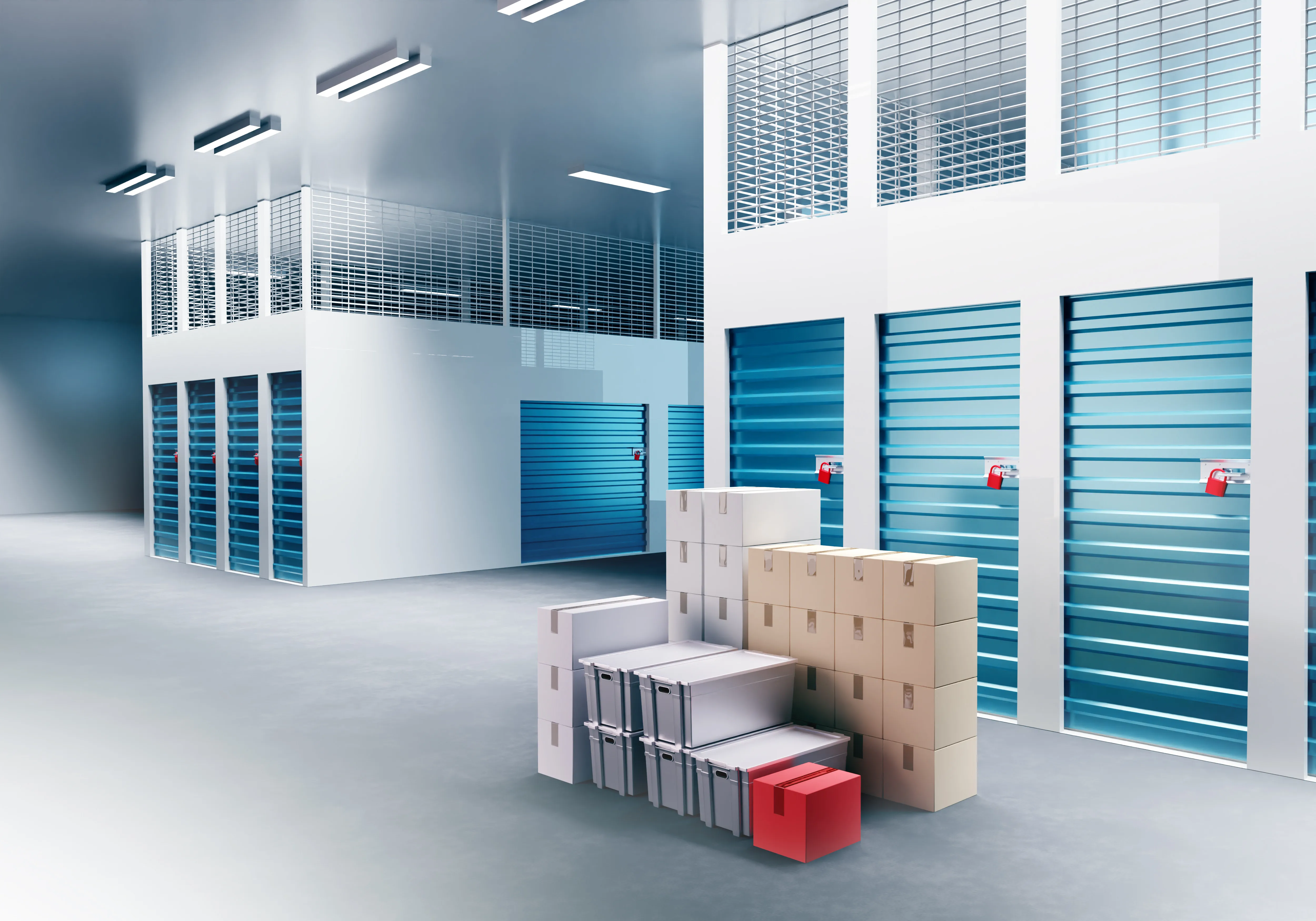 It seemingly appears out of nowhere, that pile of papers that seems too daunting to tackle. The mailman brings it directly to your door, receipts gather on the counter after traveling home with you via pockets and purses, paid and unpaid bills turn into leaning towers of paperwork. Everyone suffers from paper clutter syndrome. Here are a few ways to get organized and alleviate the condition.
It seemingly appears out of nowhere, that pile of papers that seems too daunting to tackle. The mailman brings it directly to your door, receipts gather on the counter after traveling home with you via pockets and purses, paid and unpaid bills turn into leaning towers of paperwork. Everyone suffers from paper clutter syndrome. Here are a few ways to get organized and alleviate the condition.
The first step is to create a system for dealing with incoming mail. Most of us toss it into one big pile, mixing junk mail with important documents. This is a recipe for disasters like missing a bill payment, or not RSVP’ing to your friends’ wedding on time. Every person needs a mail station that has a place for junk mail you want (such as coupons), bills, and personal mail (if you’re lucky enough to have people in your life who take the time to compose letters). Anything else goes right into the recycling bin.
Additionally, you’ll want to have somewhere to keep all the random receipts that you’ve gathered. It’s a good idea to keep all receipts and then go through them at the end of the month. This way, if you purchased something that you thought was a keeper, only to find that you need to return it, you’ll know exactly where to look for that receipt. Eventually, you’ll want to go through the receipts and separate them into needed receipts for tax purposes, and receipts that can go into the shredder.
This brings us to the next important player in remedying paper clutter…the shredder. It seems like such an unnecessary piece of machinery, but once you have one, you’ll realize how much of your personal information went right out your door via the garbage. In this day and age where information is gold to thieves, you want to make sure that you shred every credit card application that has your name on it, and all personal documents that you no longer need.
A filing system is next. You’ll want to have a file for every important element of your life. Homeowners Insurance, Health Insurance, Auto Insurance, Utility bills, Home Improvement Receipts, etc. Whatever kind of paperwork that you encounter on a daily, weekly or monthly basis should have its own folder. But you cannot just keep the folders in a pile! A file cabinet is great for those papers that you only need to access once in a while. A desktop file holder is a great solution for containing files of projects that you’re currently working on or need access to daily.
Once you’ve implemented all of these techniques, you’ll then want to consider clearing out your file cabinet every year at tax time and placing those papers into your self storage container at The Lock Up. Keep all records for at least 7 years at which point you can then discard them (being sure to shred all documents with sensitive info!).
We hope these tips help you in conquering your paper clutter syndrome!
Visit www.thelockup.com to secure a self storage unit for all your old paperwork that you need to hold onto.

